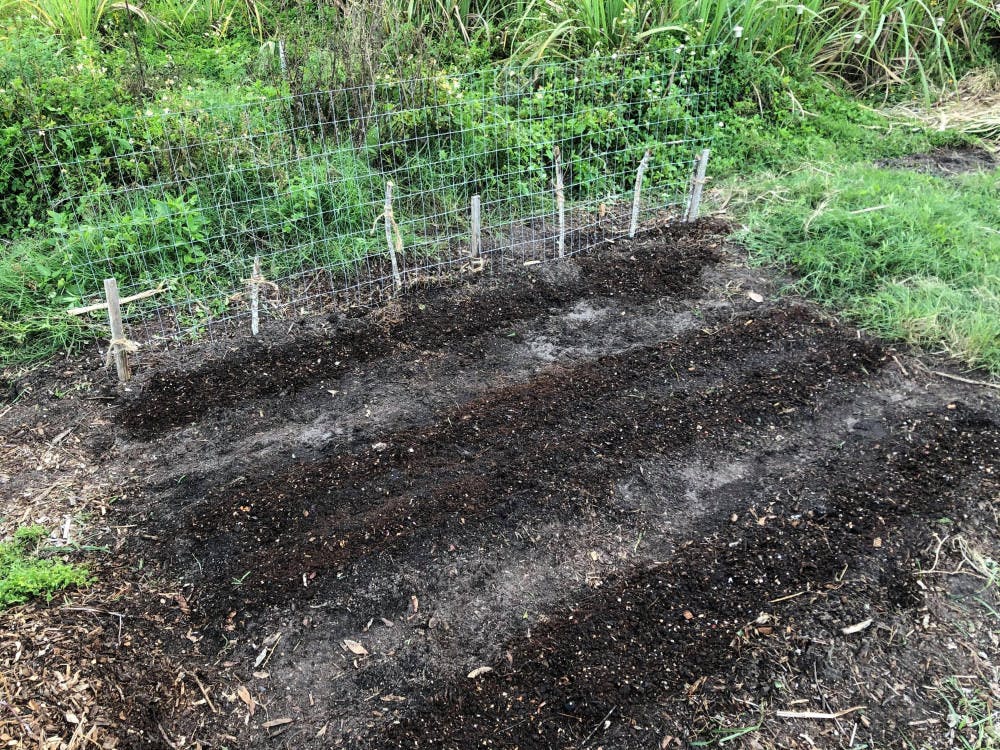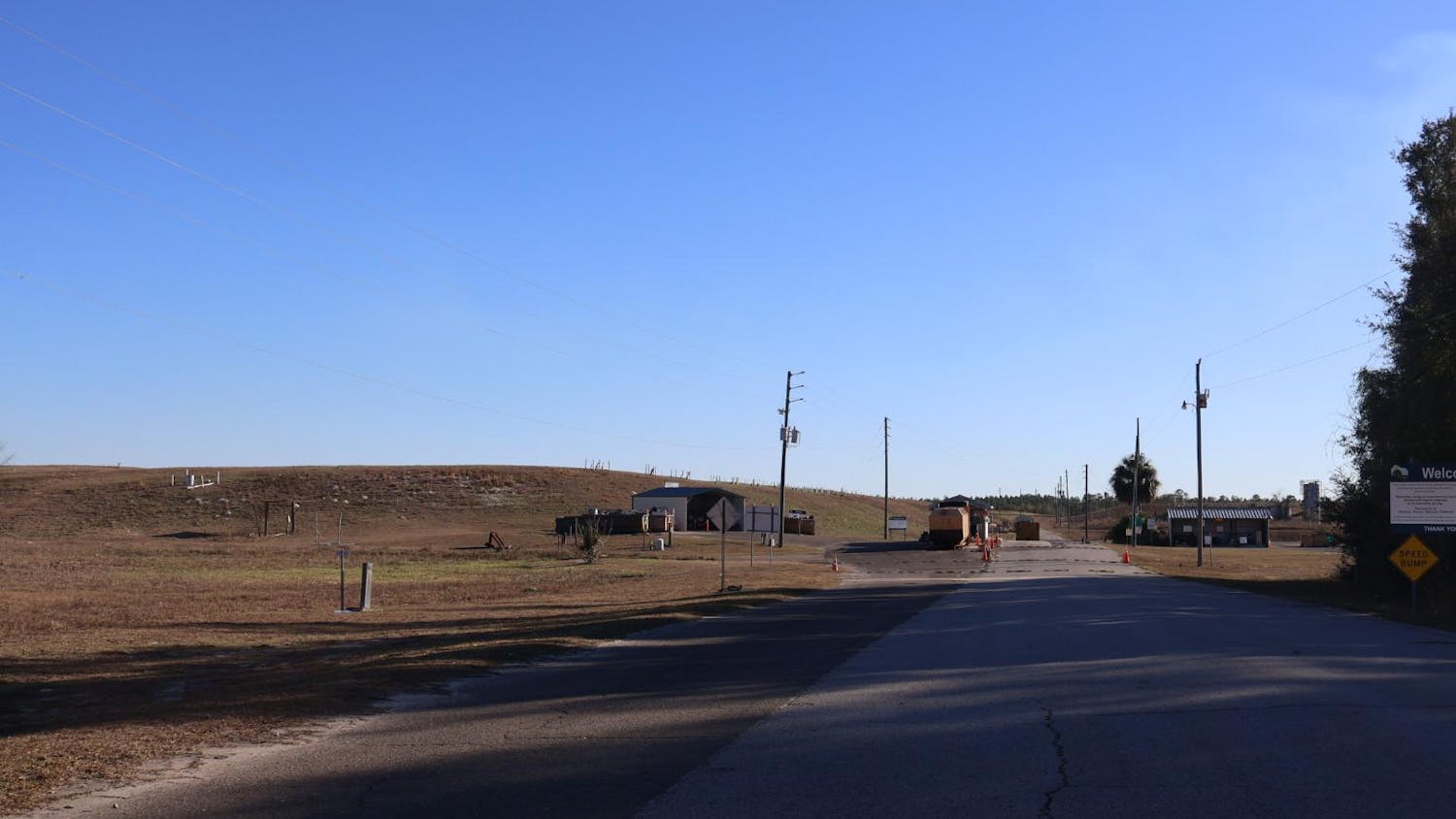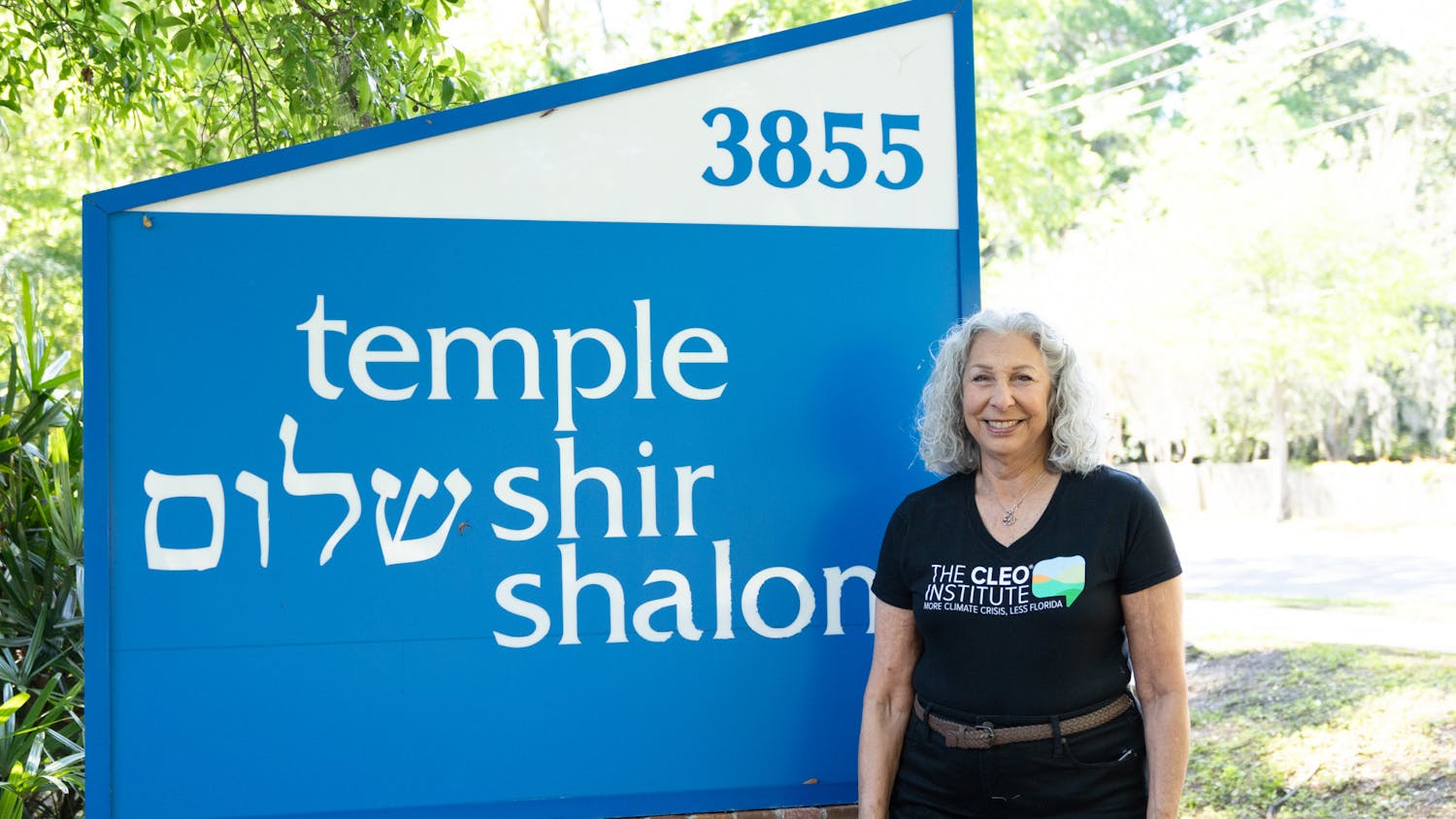As the Puerto Rican artist, Bad Bunny put it, “Toca quedarme en casa,” (I have to stay home), so there’s no better time to develop a green thumb and add some new sustainable habits to your routine than now.
As we approach our third month of baking banana bread and learning TikTok dances, two eco-friendly practices worth trying out are vegetable gardening and composting.
Taylor Clem, an environmental and community horticulture agent at UF, said vegetable gardening is beneficial for wildlife. He used an analogy to explain why mammals and pollinators need gardening: “If you’re going on a road trip, would you be able to go drive across country without gas, without water, food or shelter?” The answer is no, he said. That’s how it works with pollinators – as animals transect different parts of the state, the gardens provide them with the necessary food, shelter and water.
Dr. Ann Wilkie, a research professor in the Soil and Water Sciences Department at UF, said container gardening is an effective way of gardening if you live in an apartment or want to start with something simple. Rather than creating a garden bed in a yard, you can plant vegetables using buckets from Lowe’s or Home Depot, she said.
Wilkie explains that growing tomatoes or peppers can be done by filling up a five-gallon plastic bucket with soil and adding seeds. If you want to start even smaller, you can also plant herbs like parsley, thyme and basil and place them near your windowsill, she said.
For those who have a lot of food scraps like coffee, eggshells and banana peels, instead of throwing them out, you can create a compost bin. Composting is a natural process that microorganisms conduct when you mix in carbon sources like shredded paper and nitrogen sources like coffee grounds and banana peels together, Wilkie said.
The composting process is eco-friendly because it traps in the greenhouse gases from the food waste in the soil that would have otherwise ended up in a landfill, she added.
“Composting at home, you can protect the planet, you can improve your soil,” Wilkie said. “And under the current situation, that allows you to do that while practicing safe physical social distancing.”
With that in mind, quarantine is also a good time to learn how to live more sustainably by watching documentaries or listening to podcasts, said Daisy Andrews, a 22-year-old UF natural resource conservation senior. Andrews recommends listening to these podcasts: Drilled, Politico Energy, The City and Living Planet.
“There are many things you can do to be more sustainable,” Andrews said. “But I think it all ultimately starts with educating yourself.”
Contact Valentina Botero at vbotero@alligator.org. Follow her on Twitter @lvbotero_.
Composting is a sustainable process that reduces greenhouse emissions. Daisy Andrews, a 22-year-old UF natural resource conservation senior, adds compost (the darker lines) on top of the seeds she planted.






